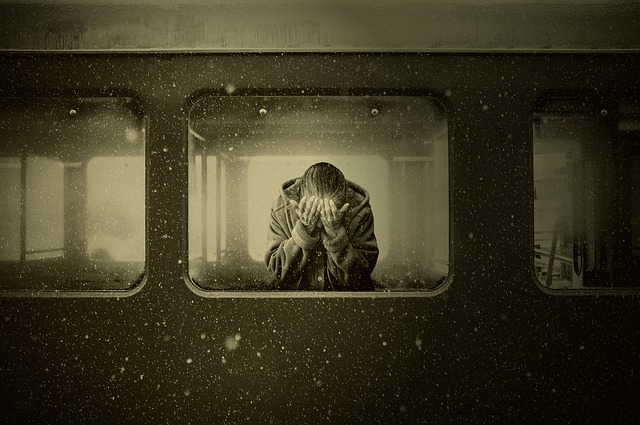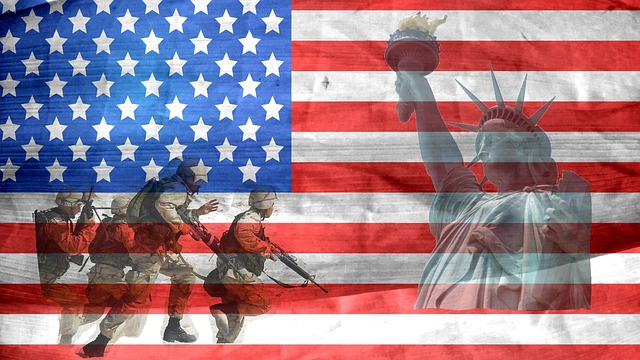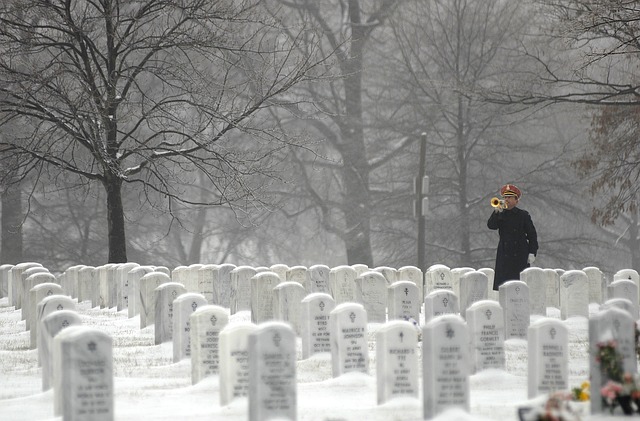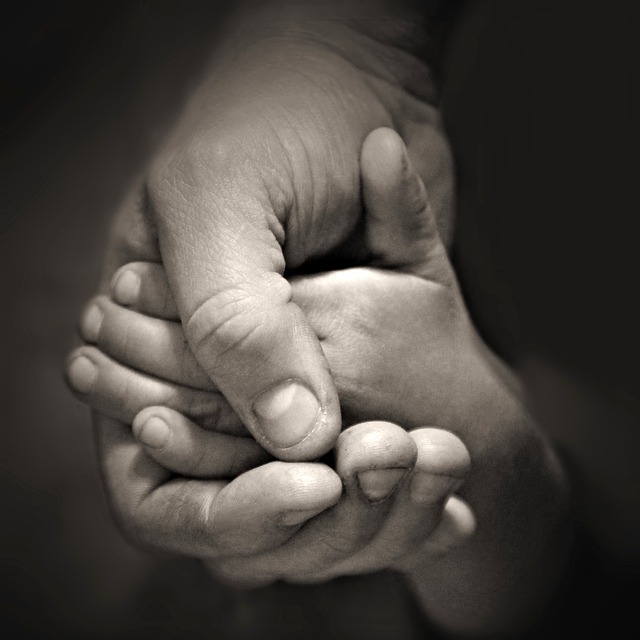
22 And he answered them, “Go and tell John what you have seen and heard: the blind receive their sight, the lame walk, lepers are cleansed, and the deaf hear, the dead are raised up, the poor have good news preached to them.” – Luke 7:22
Evidence
As we looked at in the last devotion, at the end of his life, John the Baptist wanted assurance that Jesus was indeed the promised Messiah. John, in a moment of doubt, wanted to make sure he had not labored in vain, preparing the way for the “wrong’ deliverer. When we consider what John “sacrificed”, we can appreciate his concern.
When we look at the response of Jesus, one of the signs He gives as evidence that He is the One that was promised seems out of place. After listing five miracles in the physical realm, Jesus concludes His list by shifting to the Spiritual realm. “The poor have good news preached to them.”
In this list, is preaching good news to the poor anticlimactic or is it the crescendo? While preaching to the poor may not be as “glamorous” as restoring the sight of a blind man or raising the dead, it is the climax of Jesus’ work.
What Poor?
Living in our Western culture of affluence, it is difficult for us to relate to “the poor”. Sure Jesus told us that the poor will always be with us (Matthew 26:11), but what impact does that have on the way we live out our faith? Is the fact that the poor will always be with us a source of discouragement or motivation? Certainly Jesus modeled and taught the Church to care for the poor and needy, but their spiritual needs were always His top priority.
If we keep our focus on spiritual poverty we gain a better appreciation for the fact that the Suffering Servant would preach good news to the poor. We must never diminish the Good news. We must never replace it with any other gospel (Galatians 1:8), including a social gospel. A look at the passage from Isaiah that Jesus was alluding to as evidence that He was the Christ reveals the emphasis of his preaching.
61 The Spirit of the Lord God is upon me,
because the Lord has anointed me
to bring good news to the poor;
he has sent me to bind up the brokenhearted,
to proclaim liberty to the captives,
and the opening of the prison to those who are bound;
2 to proclaim the year of the Lord‘s favor,
and the day of vengeance of our God;
to comfort all who mourn; – Isaiah 61:1-2
The Poor!
When we think of the poor it is easy to think of those like the widow whom Jesus commended for offering her last two mites. But as desperate as she was, she does not represent the poor Isaiah was referring to .
In his commentary on Isaiah, John N. Oswalt said this, “Who are the poor? Those who are so broken by life that they have no more heart to try; those who are so bound up in their various addictions that liberty and release are a cruel mirage; those who think that they will never again experience the favor of the Lord, or see his just vengeance meted out against those who have misused them; those who think that their lives hold nothing more than ashes, sackcloth, and the fainting heaviness of despair. These are they to whom the Servant/Messiah shouts ‘Good news!’.“
Good News
What is the good news? God is victorious. Who is the good news? Jesus. Jesus not only preaches the good news, He fulfills it. He brings it to fruition. In the modern vernacular, He delivers!
Have no doubt John; your cousin is The One. The tomb is empty. Jesus is at the Father’s right hand. Sin will not have the last word.
Jesus, the great Physician, will bind (bandage) the brokenhearted. Jesus, the King, will proclaim liberty to the captives. He has the authority and power to do so. Freedom from sin and addictions are not a mirage, but reality! Sin’s prison bars cannot hold those whom Christ has set free with the Truth (John 8:32).
Want good news? Jesus will comfort those who mourn. Ashes, sackcloths, and despair, will give way to beautiful headdresses, oil of gladness and garments of praise. Fainting heaviness will give way to joyous praise.
For the spiritually poor, Jesus is Good News. In Jesus, there is spiritual peace. In Jesus, there is spiritual prosperity.
36 As for the word that he sent to Israel, preaching good news of peace through Jesus Christ (he is Lord of all),… 43 To him all the prophets bear witness that everyone who believes in him receives forgiveness of sins through his name.” – Acts 10:36 & 43
Preaching
In addition to Jesus, Elijah, Elisha, Peter, and Paul also raised people from the dead. In addition to Jesus, Elisha also healed a leper. Other than Jesus, I am not aware of any other case where the blind were restored their sight or the deaf their hearing. Regardless, these occurrences are rare. They are unique signs. But like Simon the Sorcerer observing Philip, we are amazed by these signs and miracles (Acts 8:13). Many of us, perhaps, also desire to do such works. But Philips greatest work wasn’t his miracles, but his preaching.
12 But when they believed Philip as he preached good news about the kingdom of God and the name of Jesus Christ, they were baptized, both men and women. – Acts 8:12
At Pentecost the Holy Spirit was unleashed and the Church began to boldly preach the resurrected Christ. Read the Book of Acts and beginning with Peter’s sermon in chapter two, watch how God blesses the preaching of the Good News. As formerly fearful men, now empowered by the Holy Spirit, were faithfully preaching the Good News, sinners were being saved. The spiritually poor were transformed into heirs of God. What could be better News?
Look Around
When we reflect on the parables of Jesus, we see Him constantly emphasizing the fact that God has extended His grace to the outcasts. Those that society had deemed inadequate or undeserving found favor with God. With Jesus none are despised or alienated. Grace doesn’t discriminate against the insecure. It doesn’t turn a blind eye to the underprivileged. Raising the dead to life may garner you a lot of attention, if you could do it, but extending God’s grace to the poor is more important. And you are expected to do it!
When Jesus ministered on earth, he was condemned for associating with sinners and tax collectors. While the self-righteous of His day avoided the “sick”, Jesus recognized their need for a doctor. Jesus was indifferent to being labeled a “glutton, a drunkard, and a friend of sinners and tax collectors” (Luke 7:34). He recognized them as the poor, and preached the good news to them.
While you and I may not be Isaiah’s Suffering Servant, Jesus has promised us that once He sent the Holy Spirit, His disciples would be able, and expected, to do greater works than He had done (John 14:12). Ours is the privilege of preaching good news to the poor so Jesus can bandage their broken hearts and set them free from their bondage; turning their mourning into joy and their despair into praise.
Western affluence aside, if we take a look around us we will find that we are surrounded by the poor. Those whom Jesus would befriend. Those whom He died for. Who cares if the world calls us friends of the sinners and tax collectors of our day, as long as God deems our feet beautiful.
“How beautiful are the feet of those who preach the good news!” – Romans 10:15b

 Rings
Rings



 16 And when all Israel saw that the king did not listen to them, the people answered the king, “What portion do we have in David? We have no inheritance in the son of Jesse. To your tents, O Israel! Look now to your own house, David.” So Israel went to their tents…20 And when all Israel heard that Jeroboam had returned, they sent and called him to the assembly and made him king over all Israel. There was none that followed the house of David but the tribe of Judah only. – 1 Kings 12:16 & 20
16 And when all Israel saw that the king did not listen to them, the people answered the king, “What portion do we have in David? We have no inheritance in the son of Jesse. To your tents, O Israel! Look now to your own house, David.” So Israel went to their tents…20 And when all Israel heard that Jeroboam had returned, they sent and called him to the assembly and made him king over all Israel. There was none that followed the house of David but the tribe of Judah only. – 1 Kings 12:16 & 20


